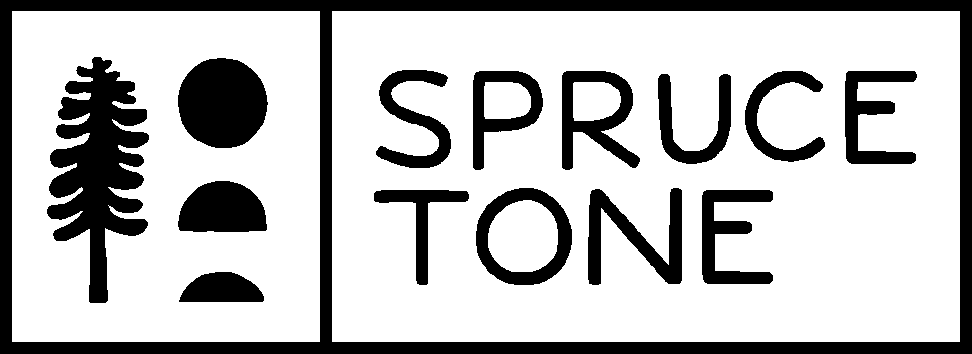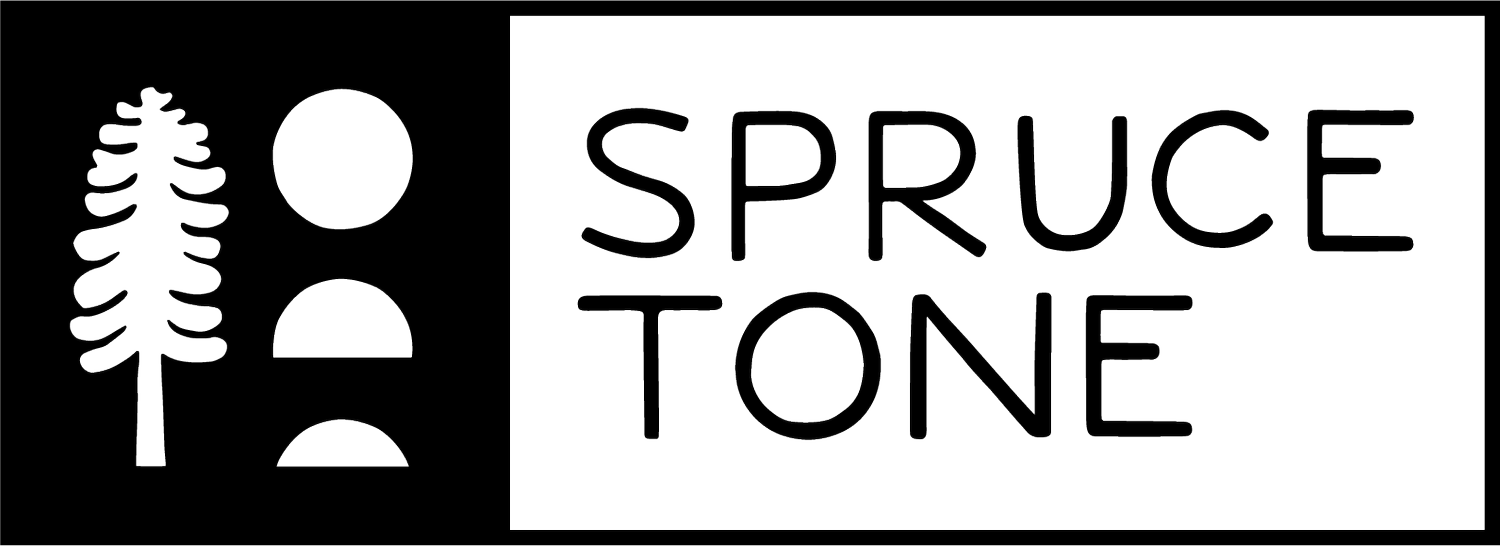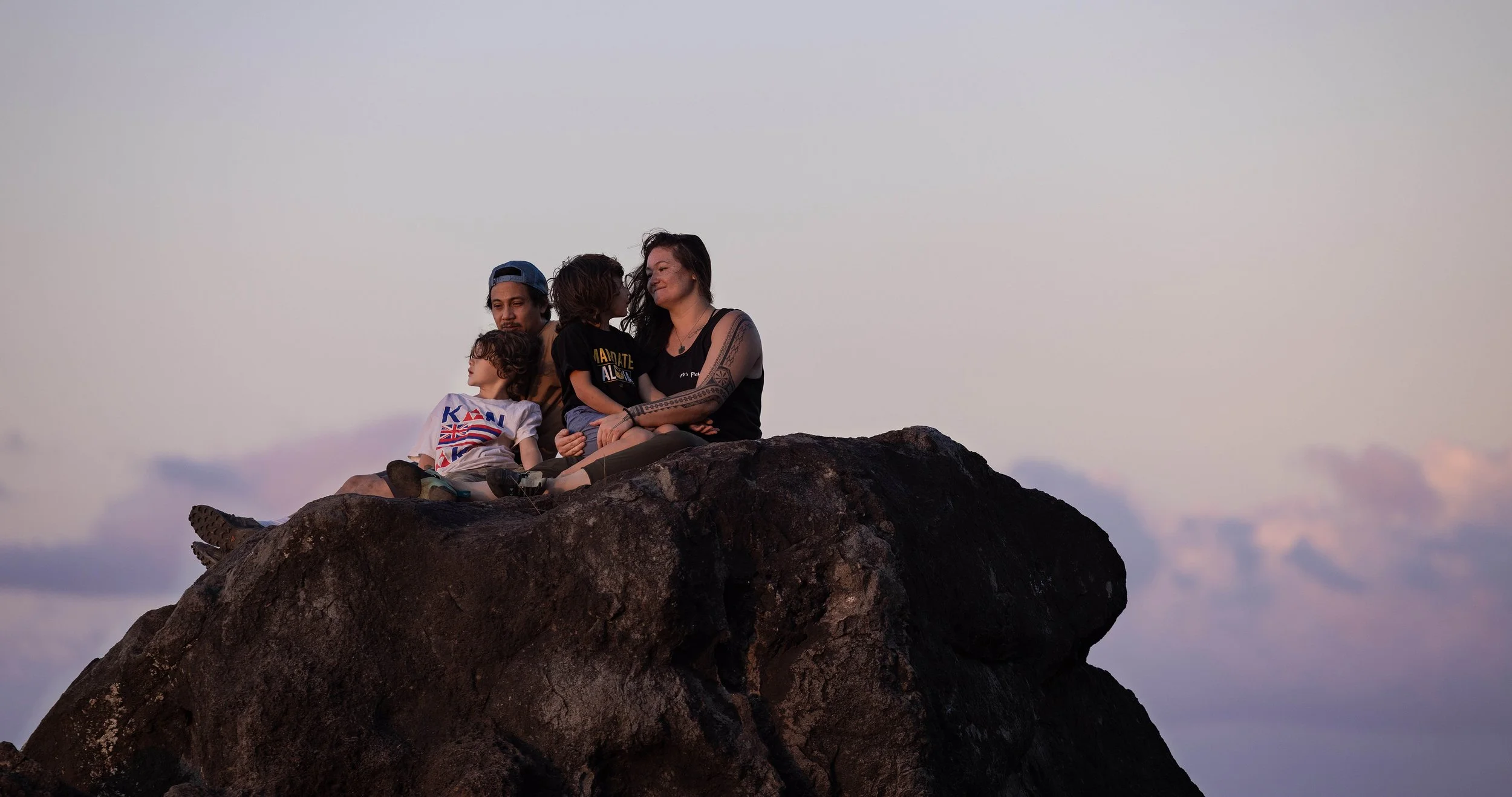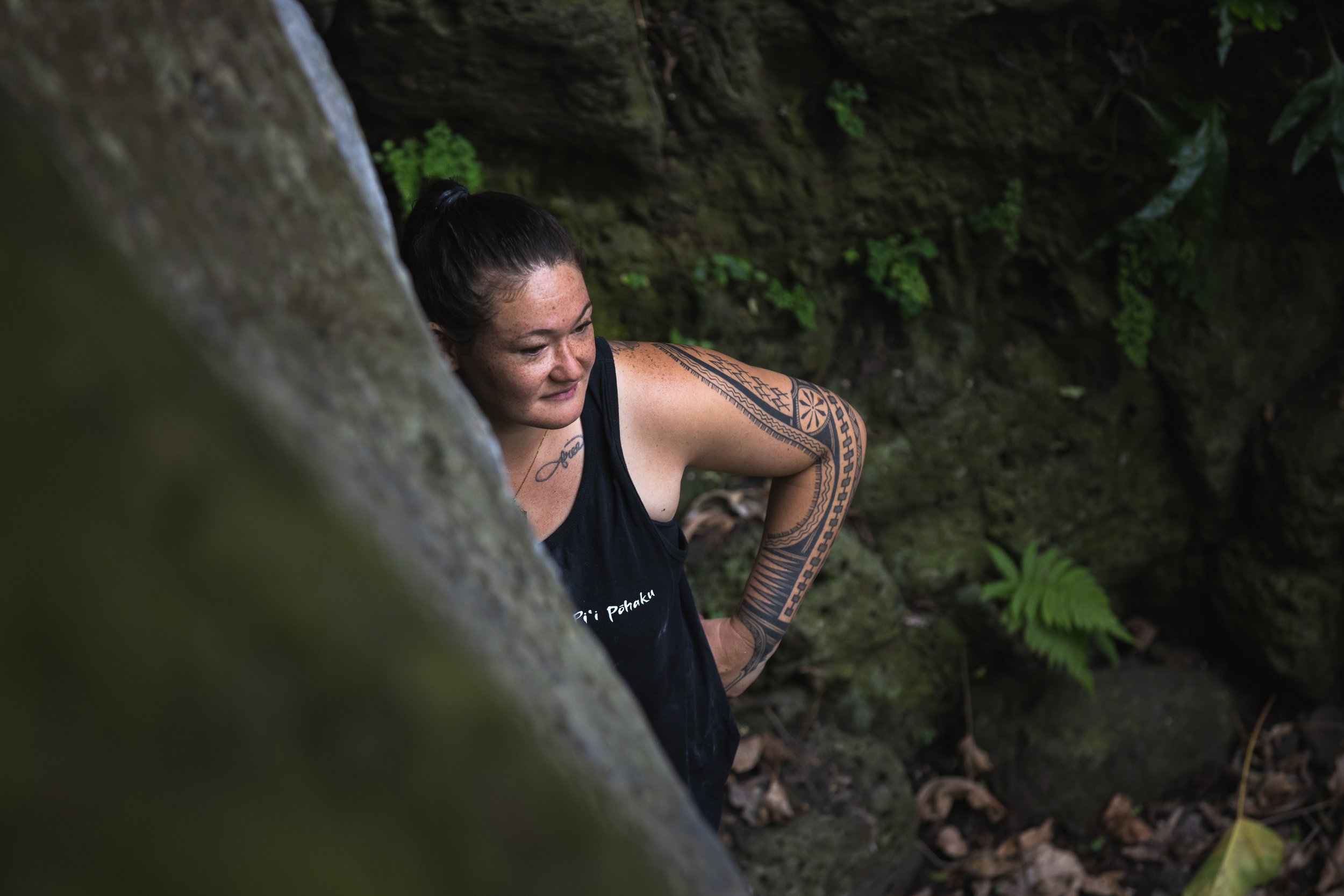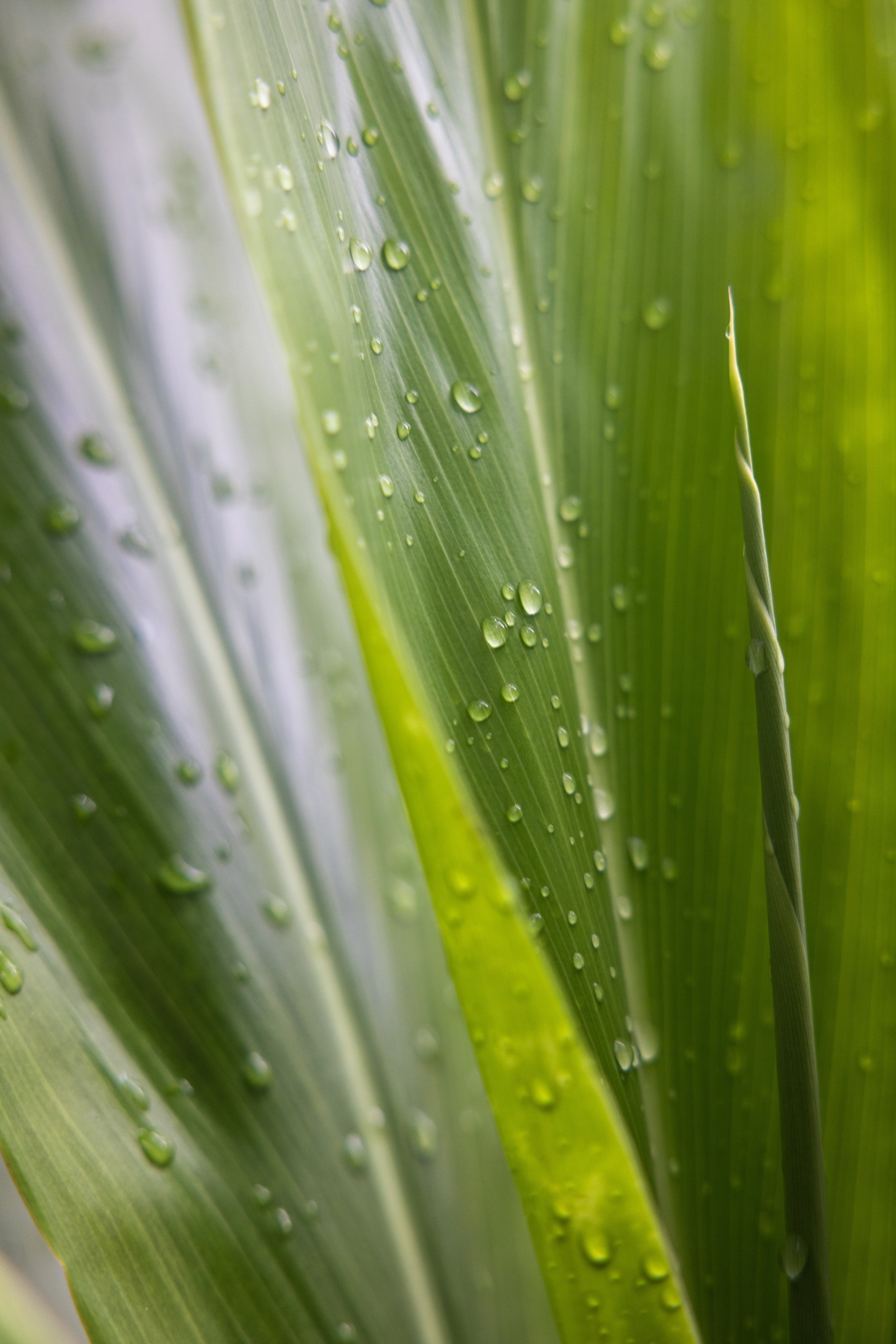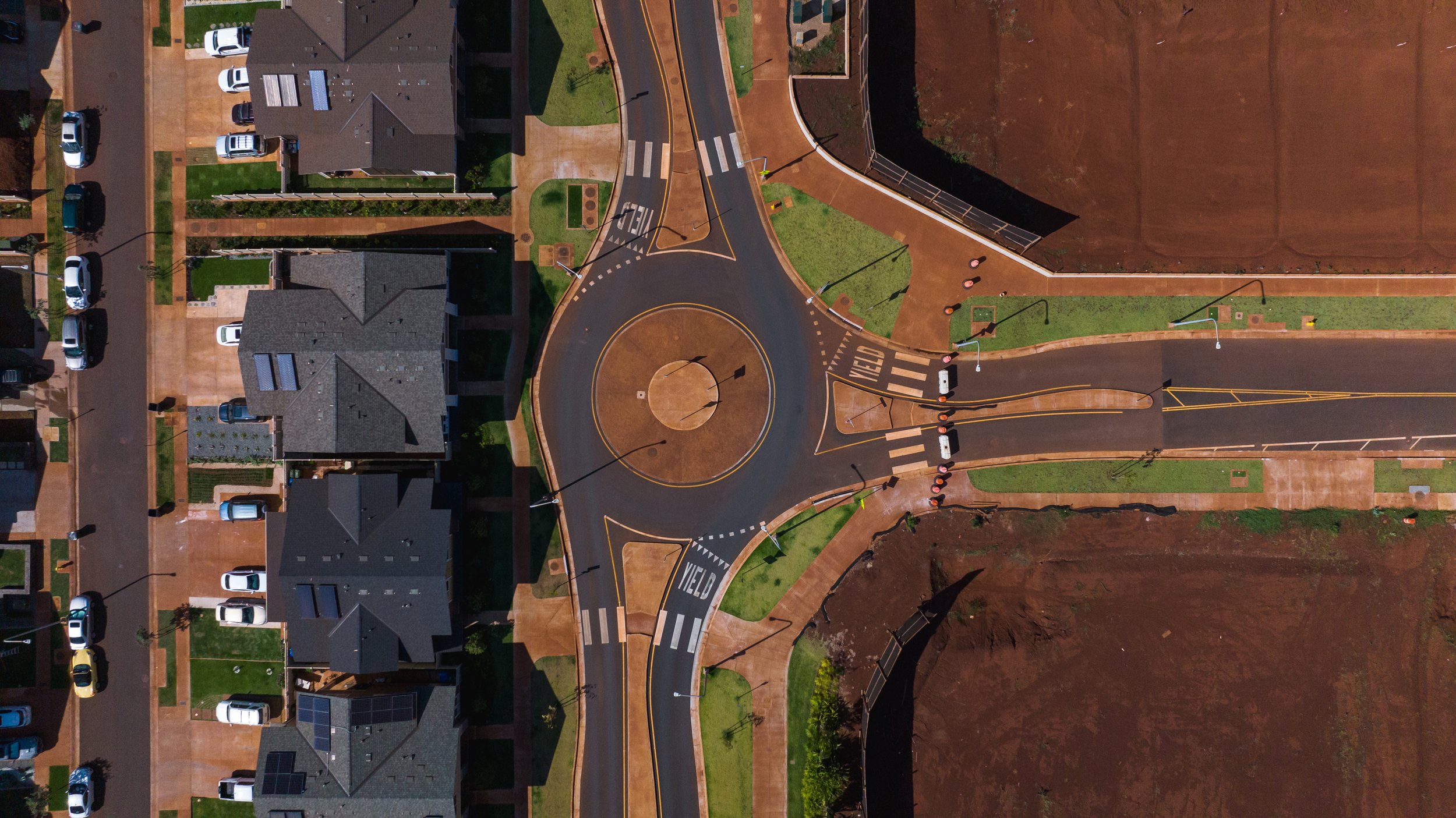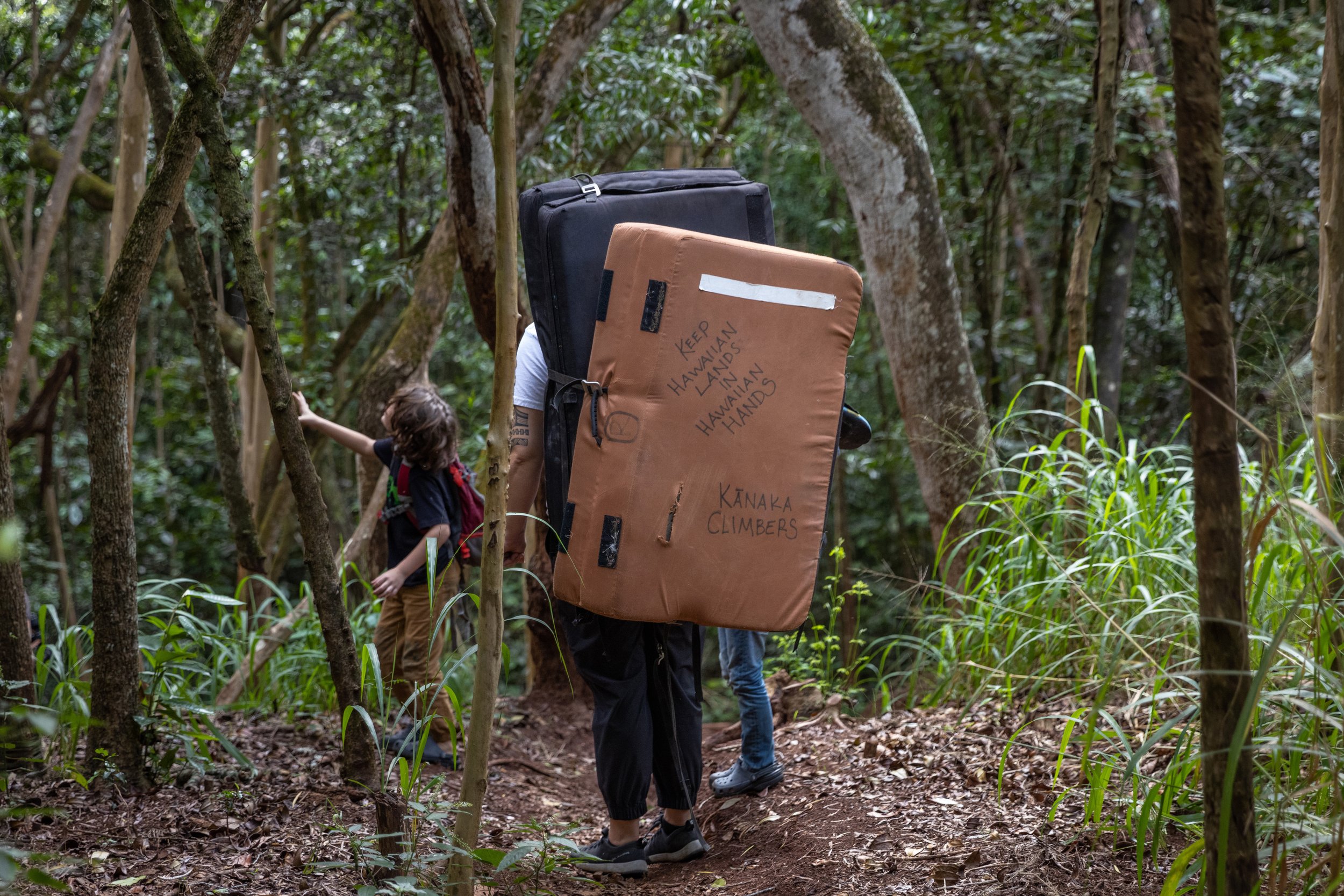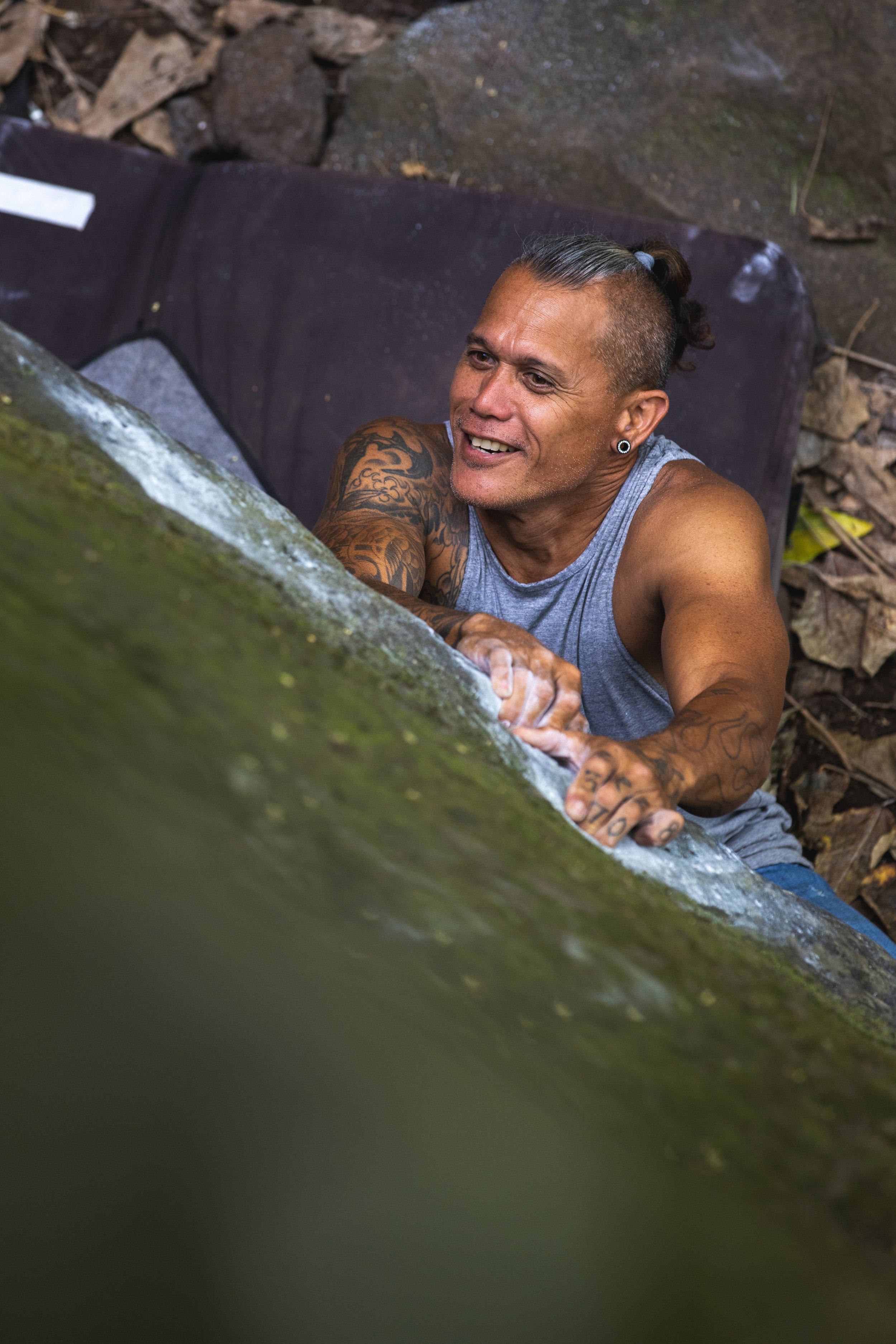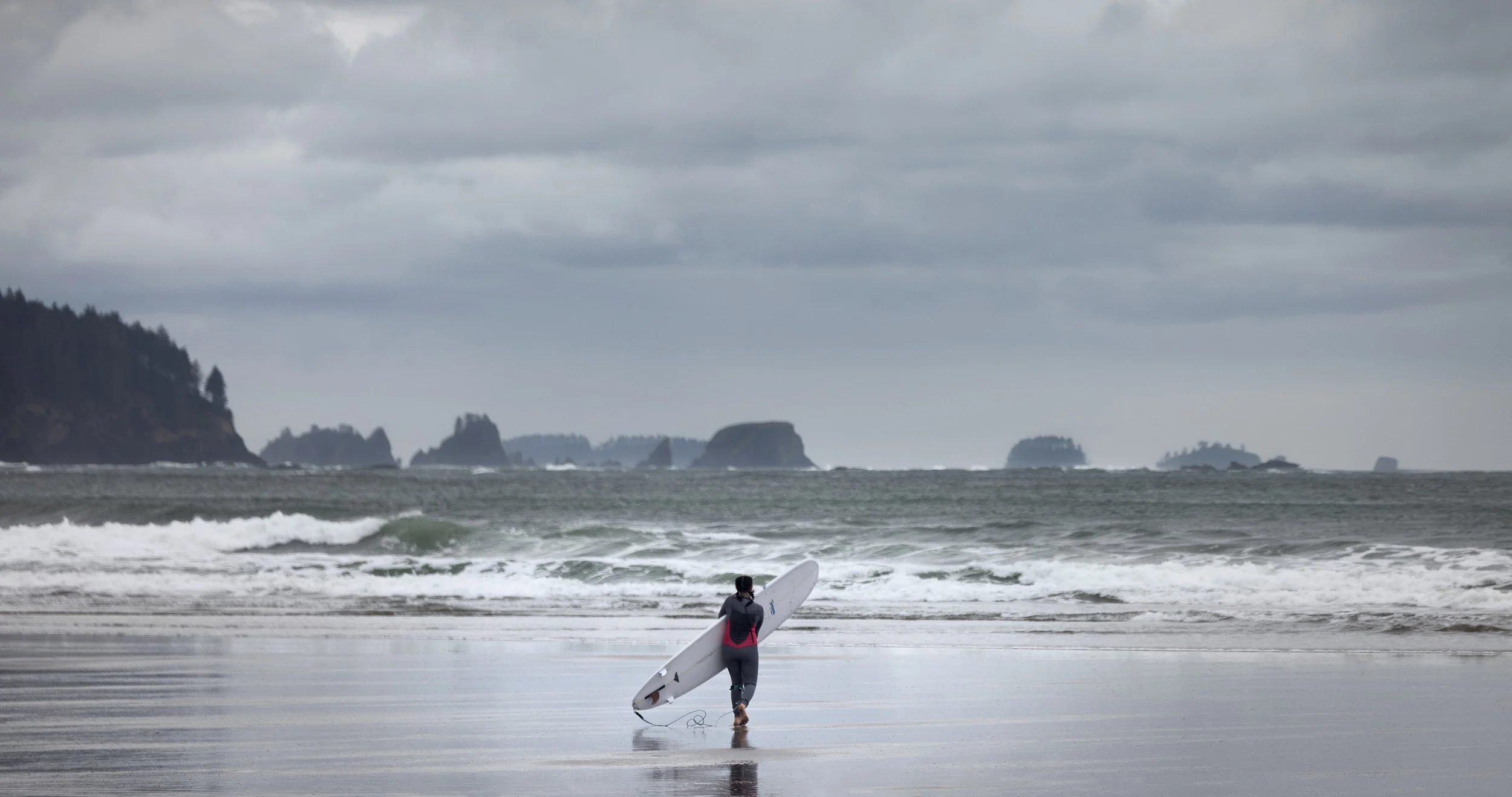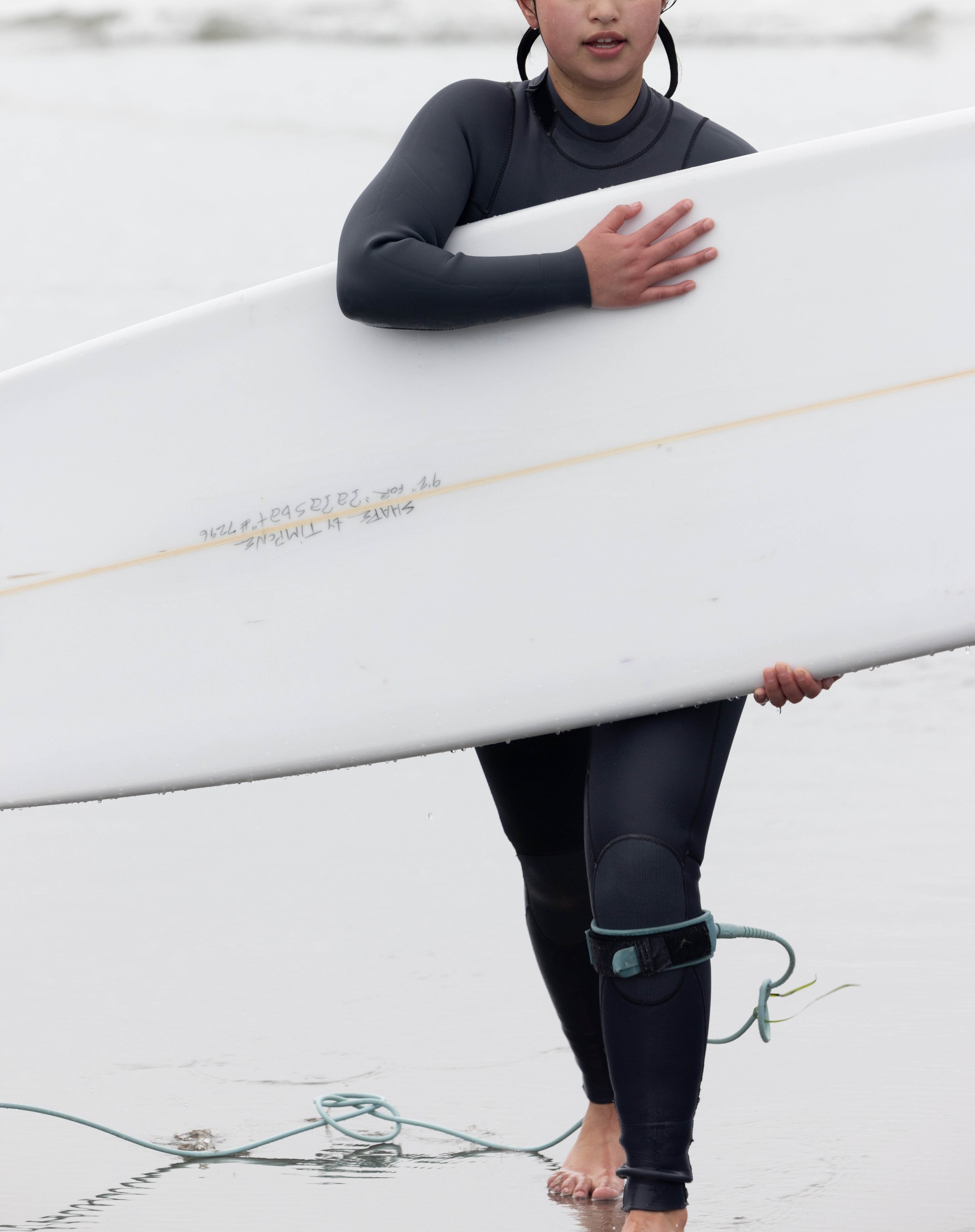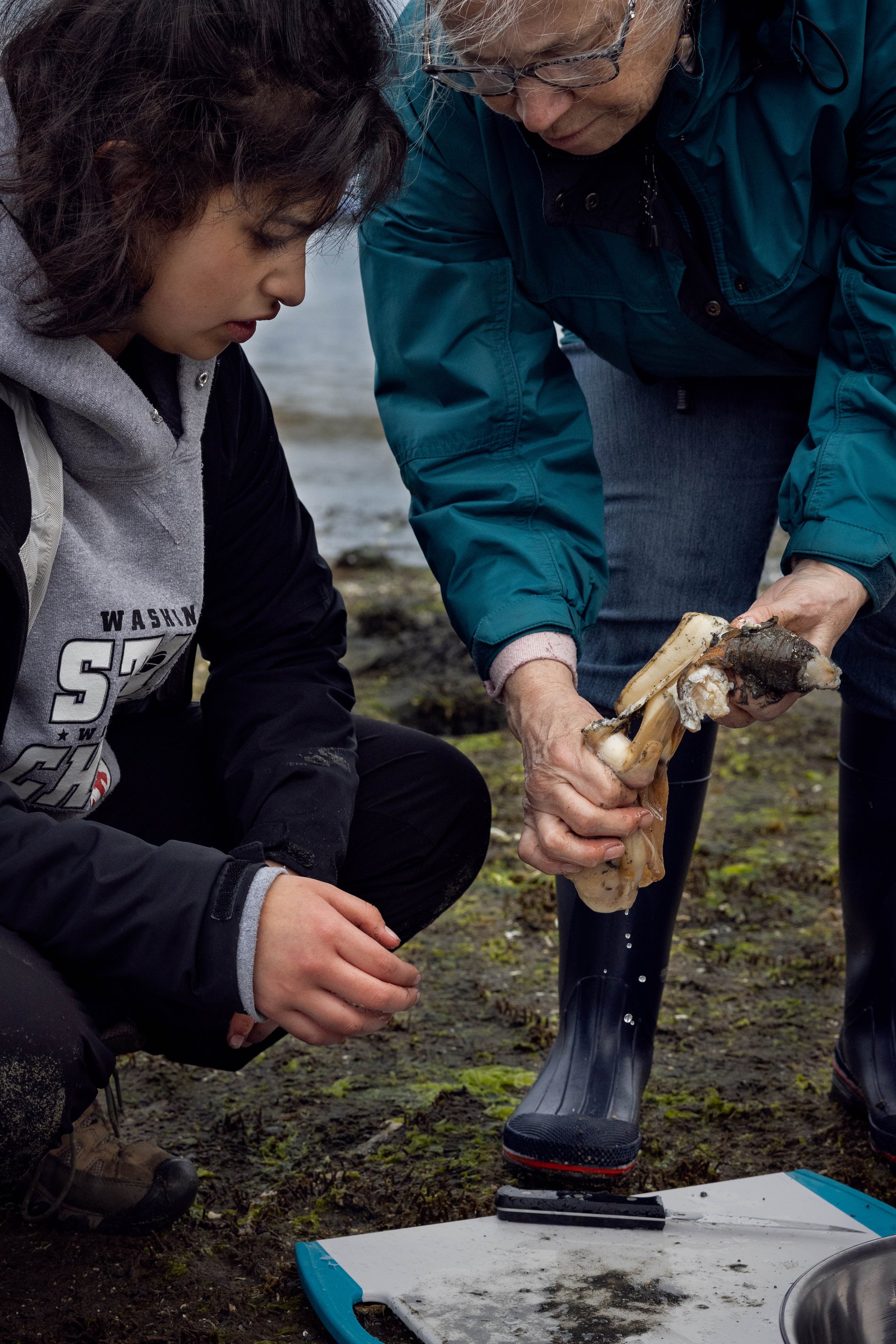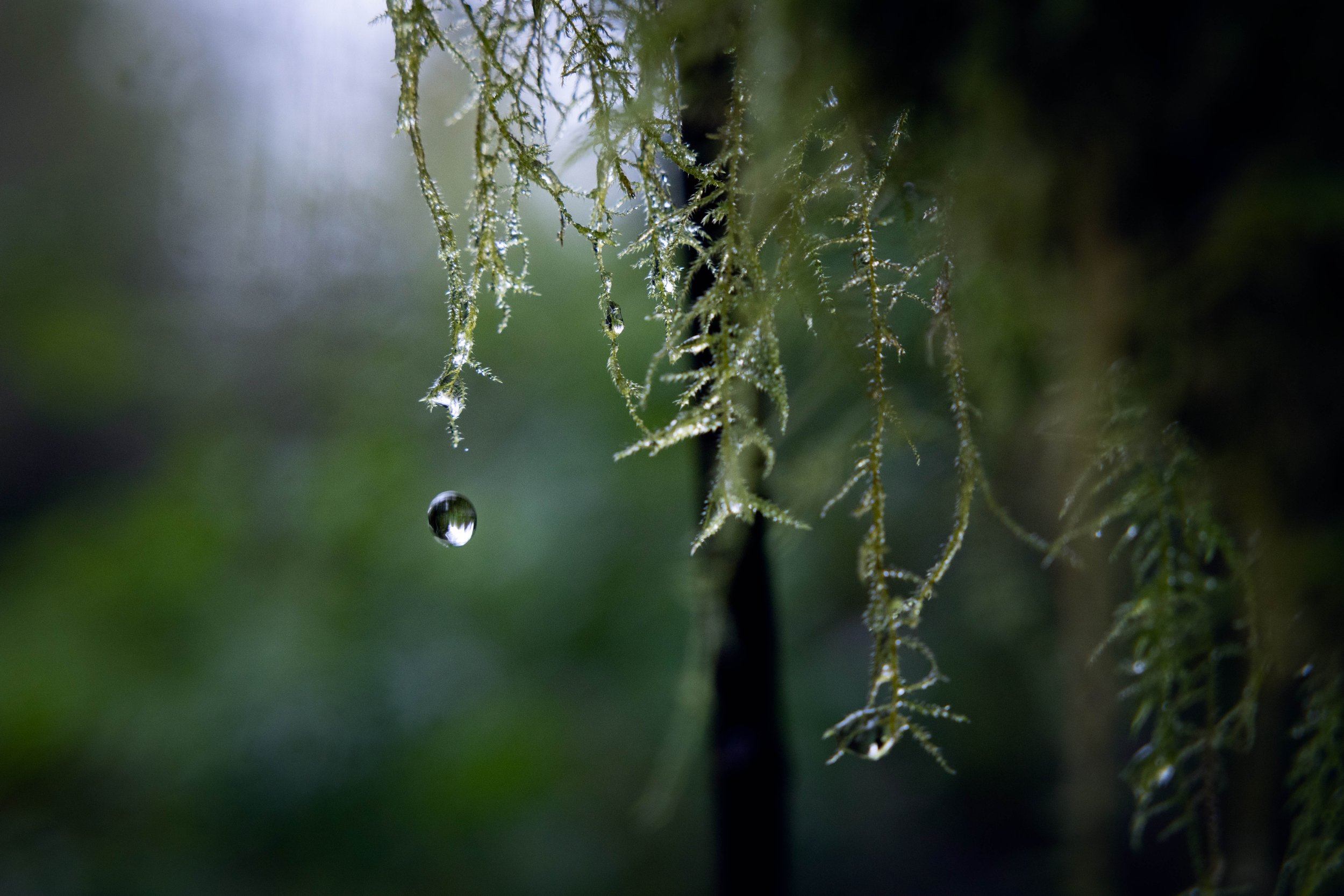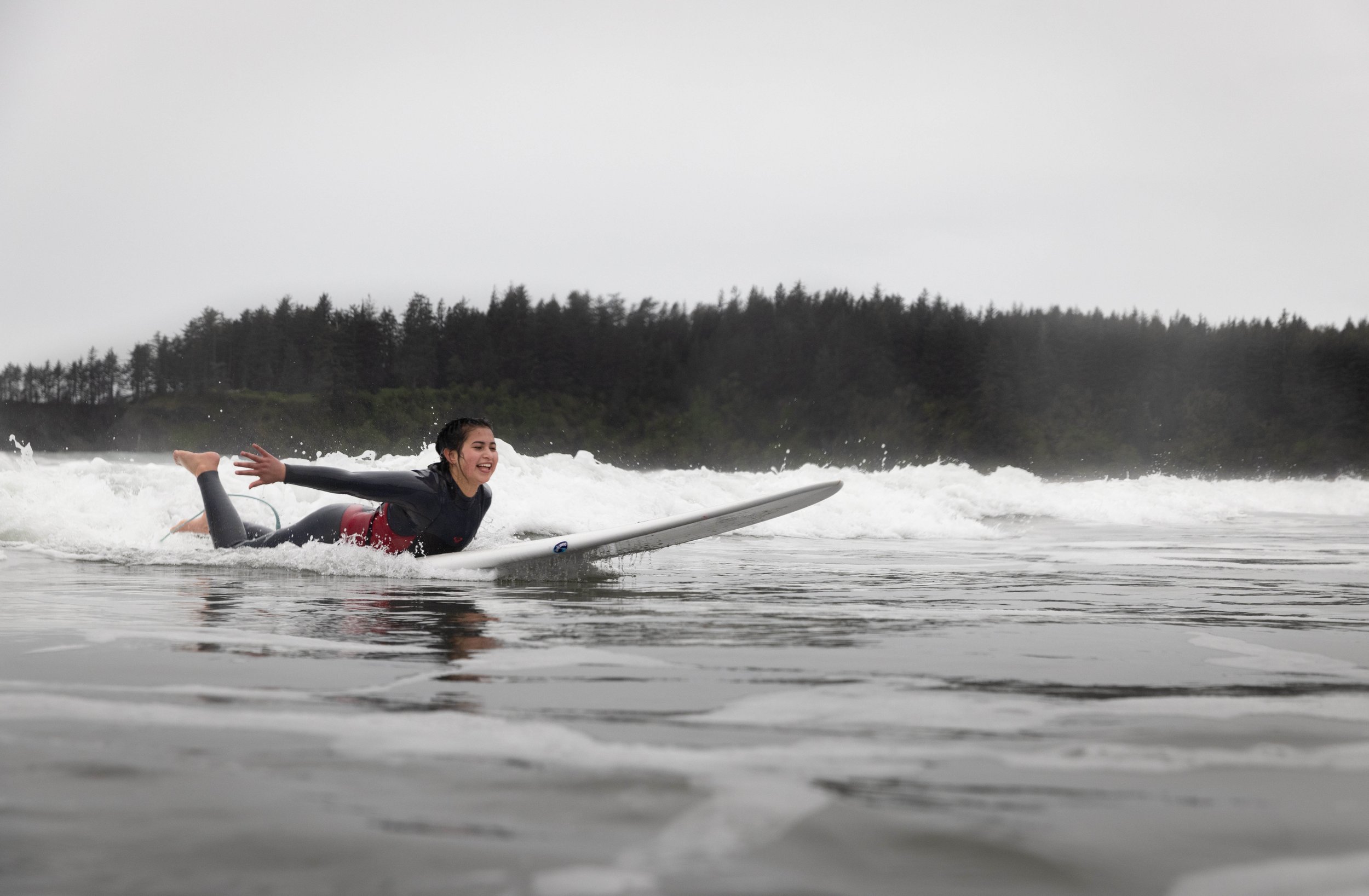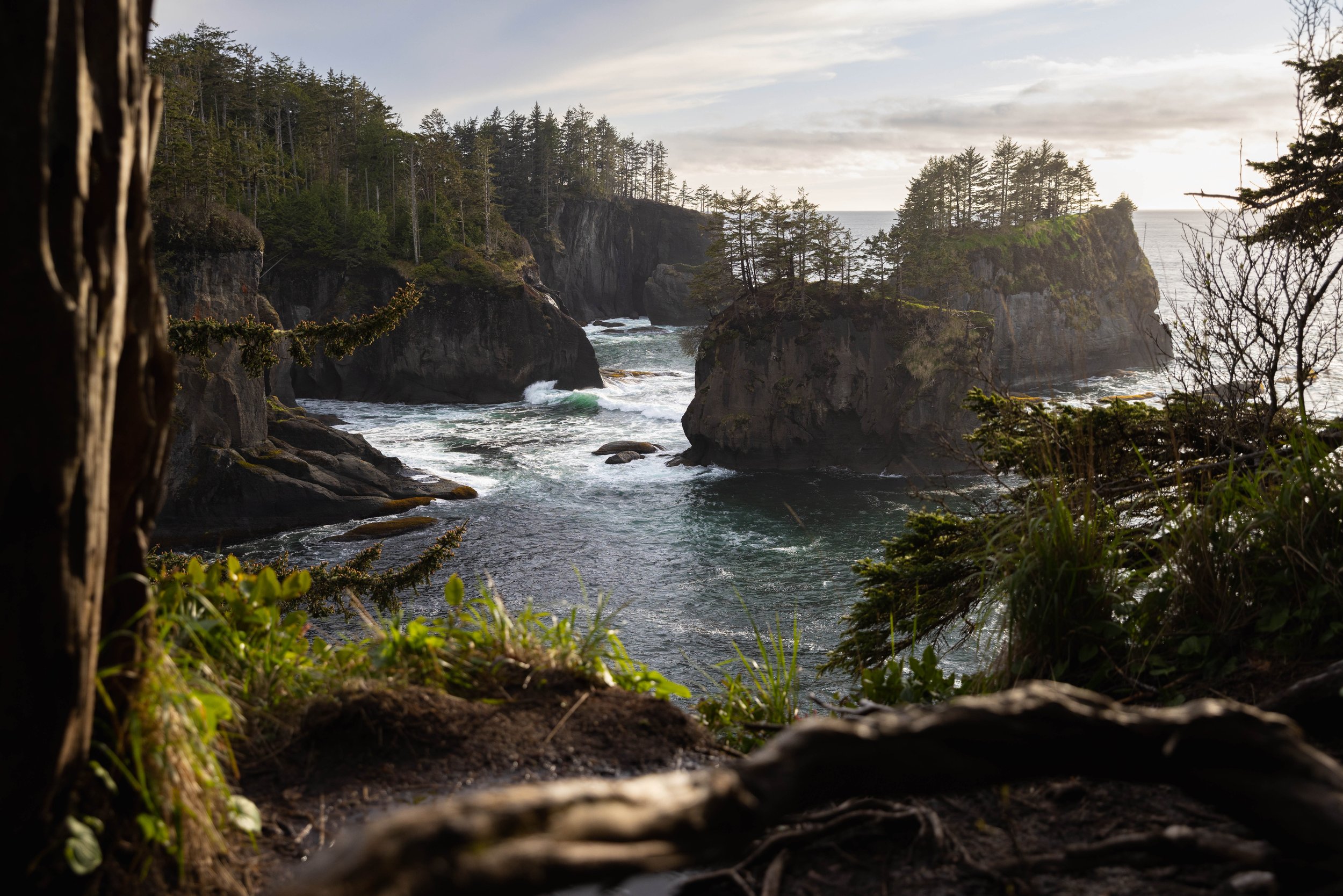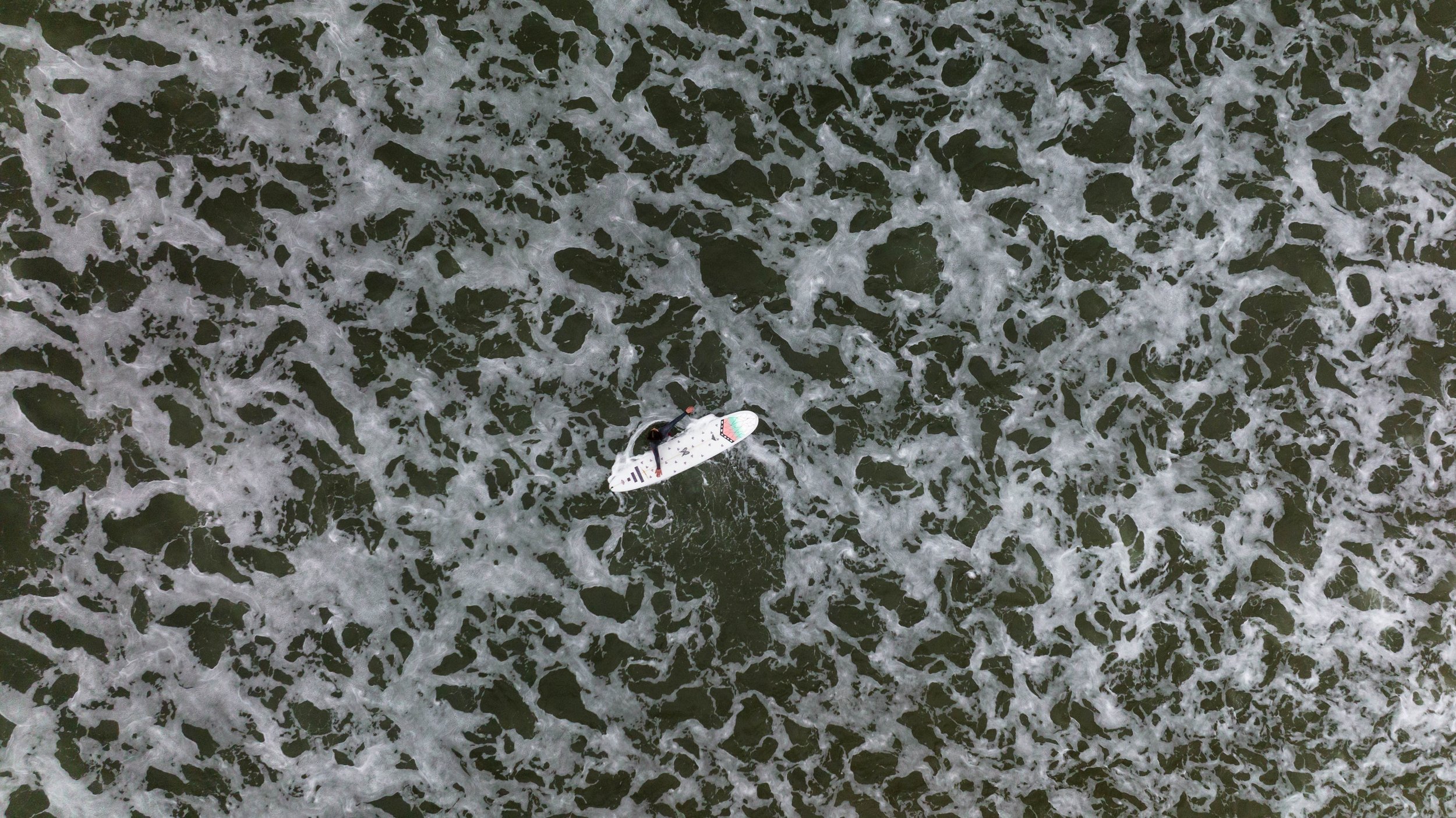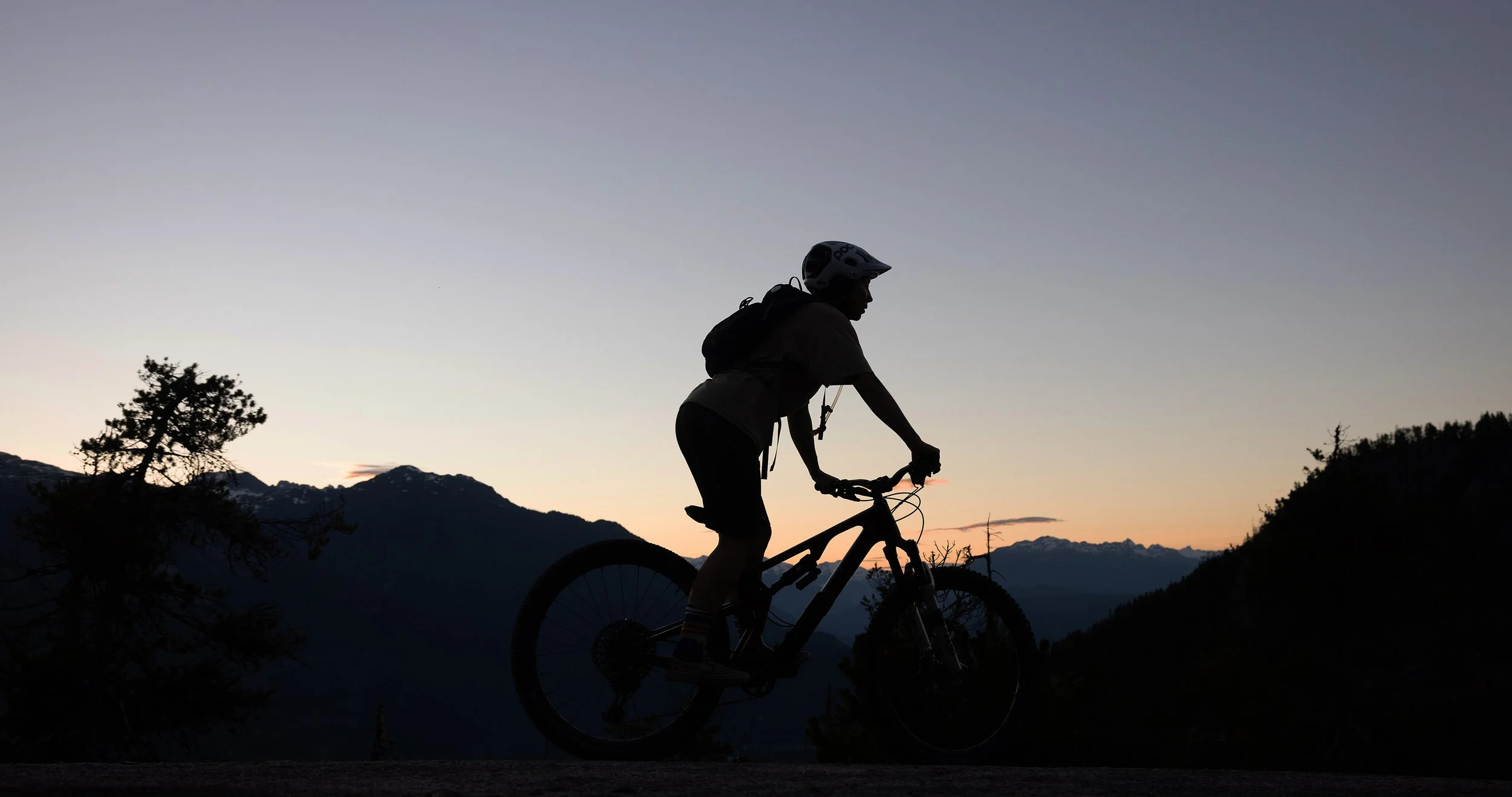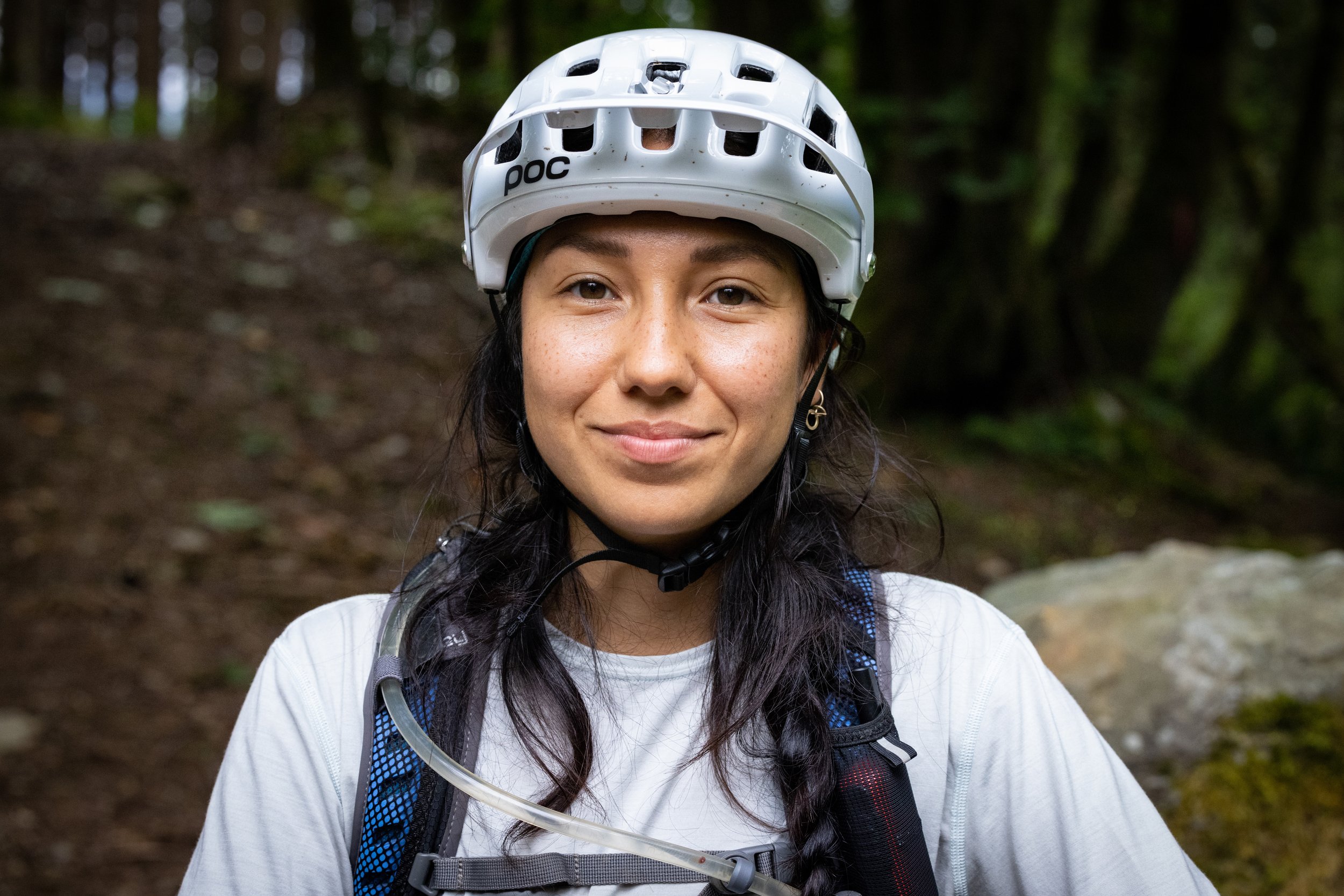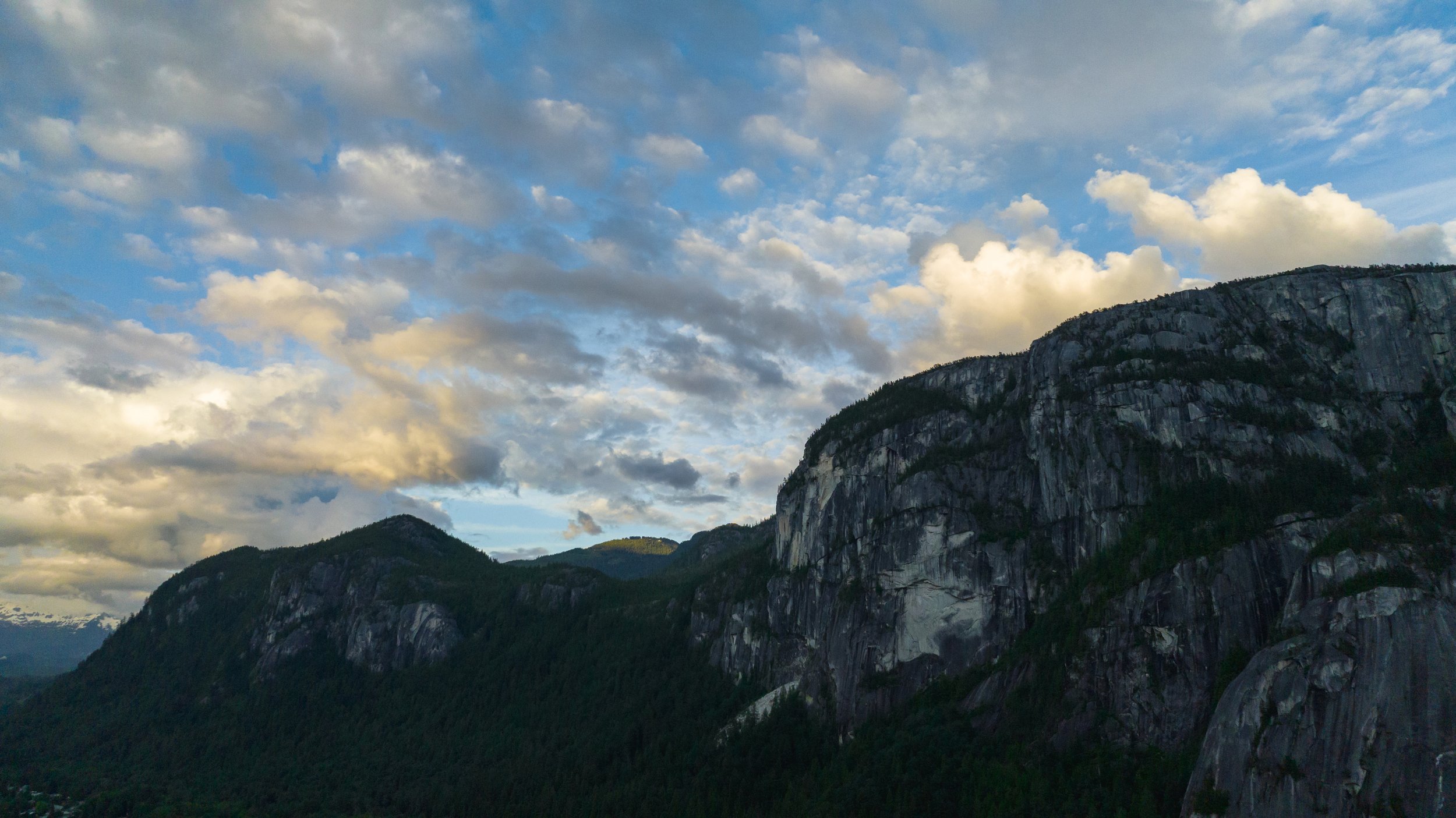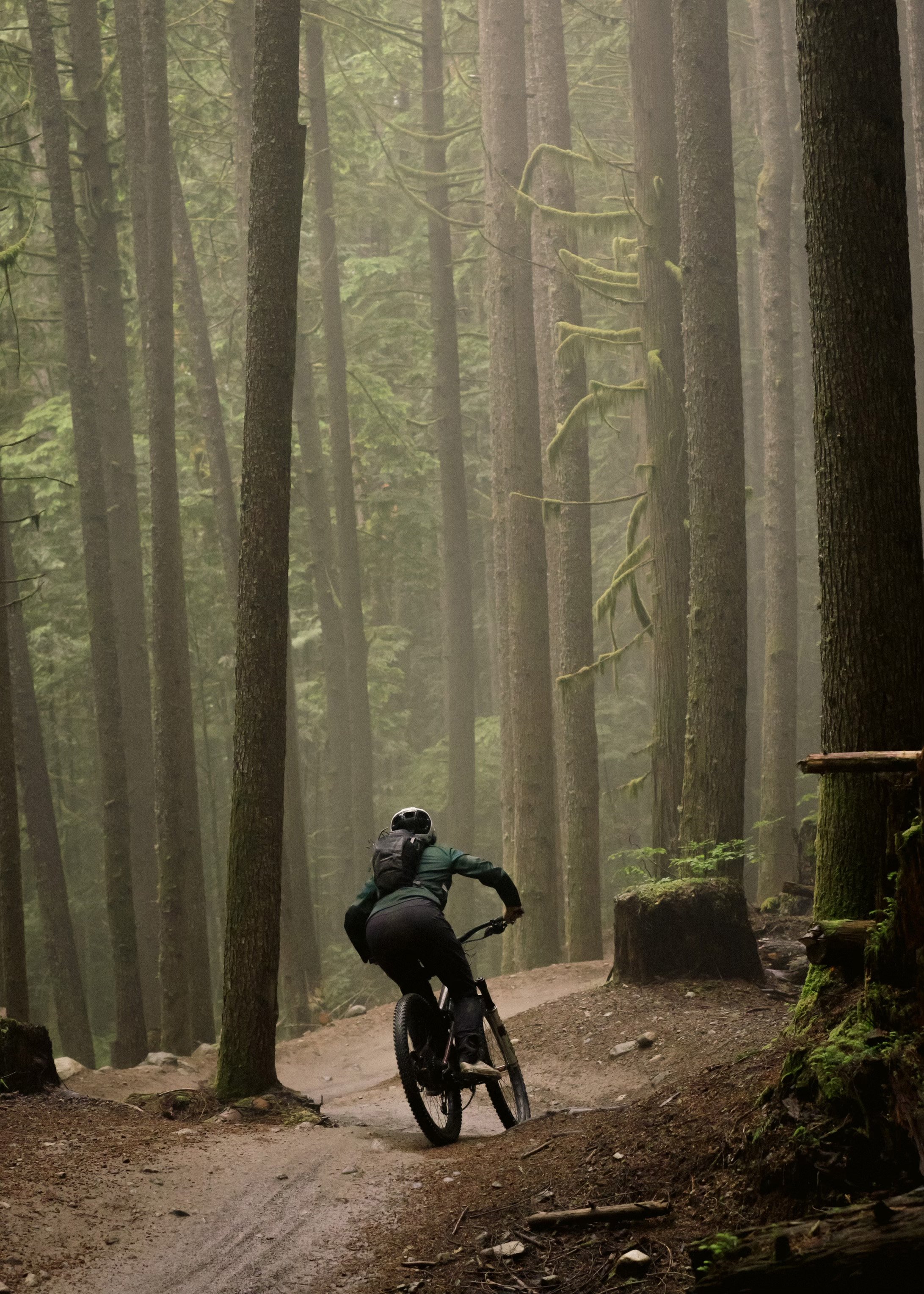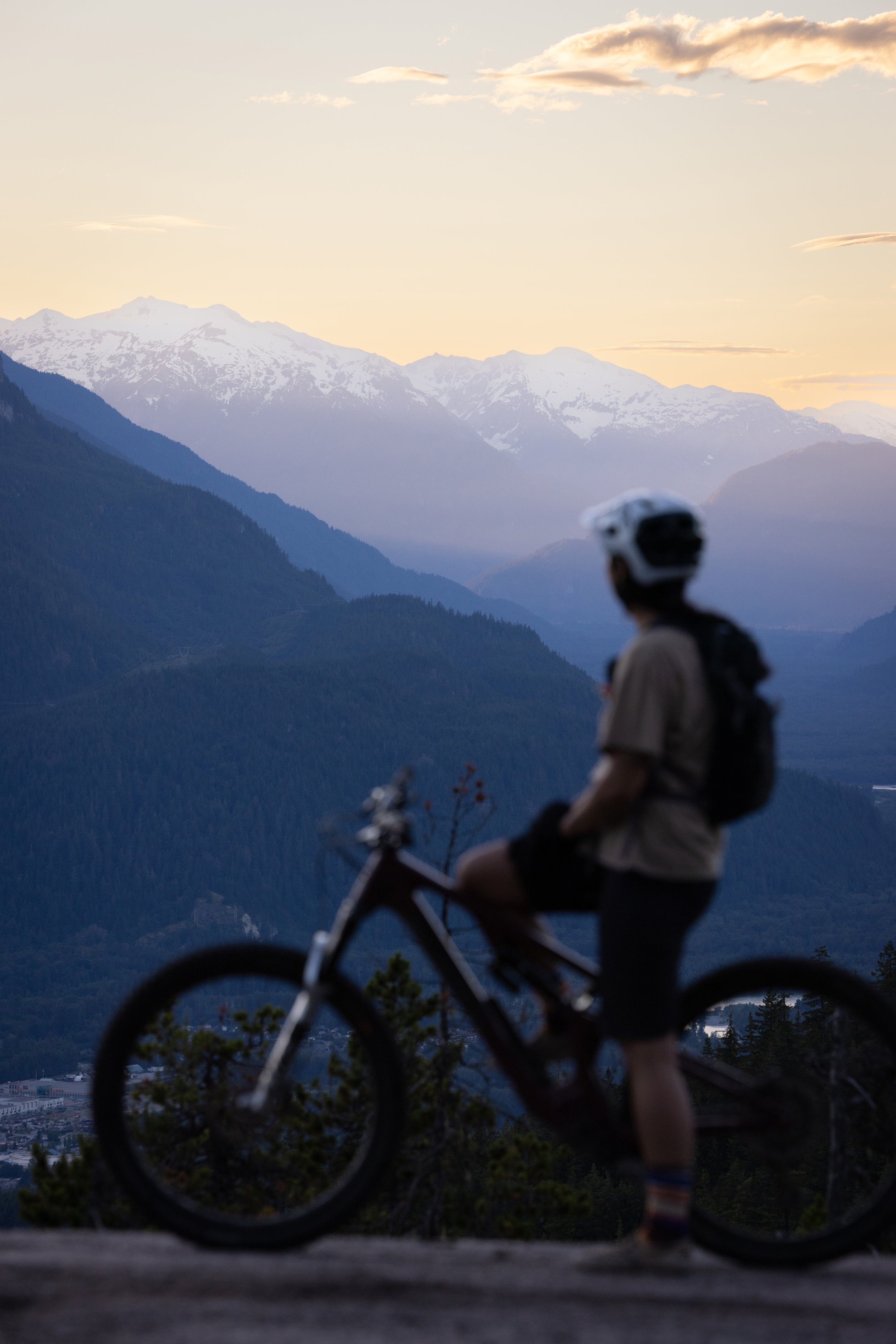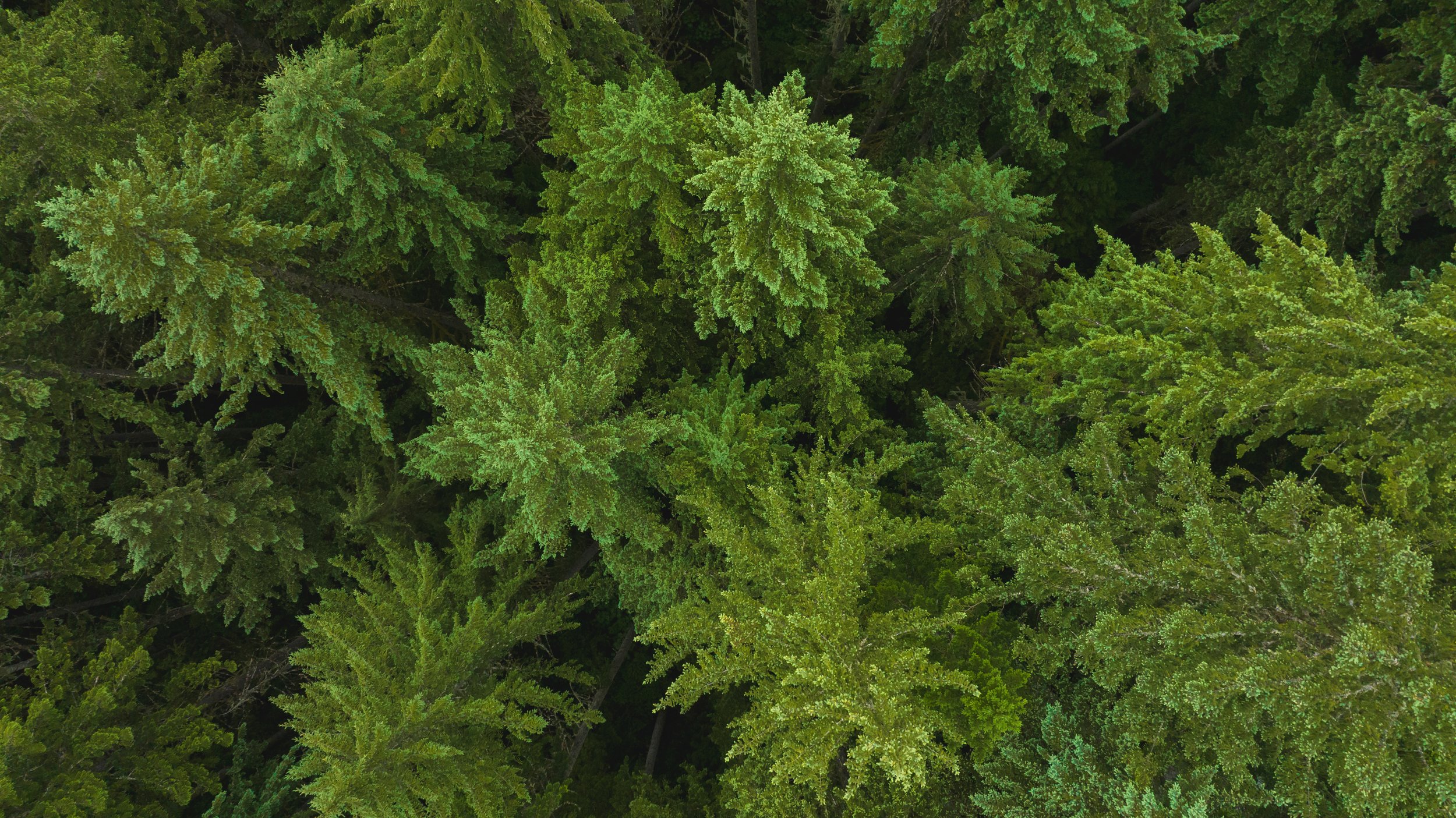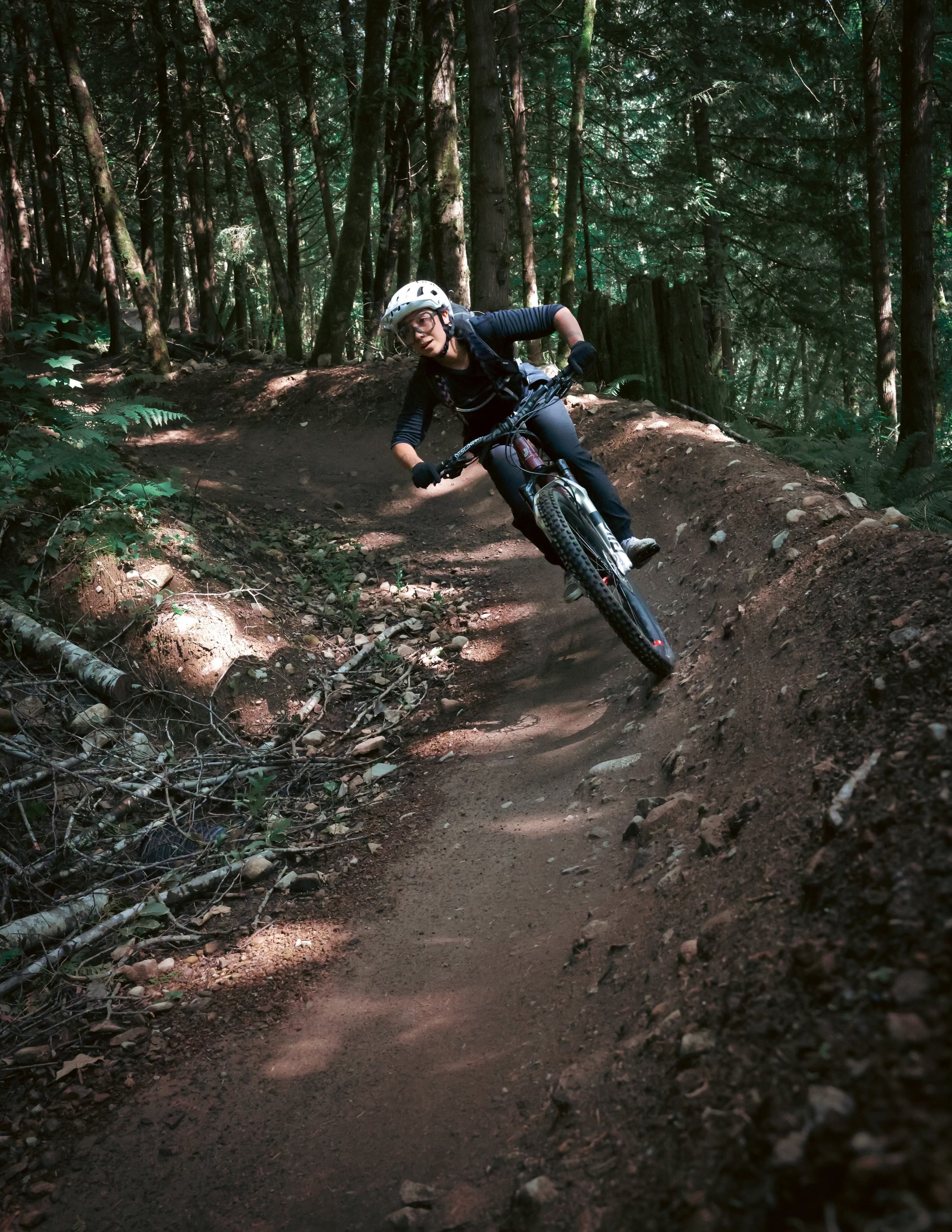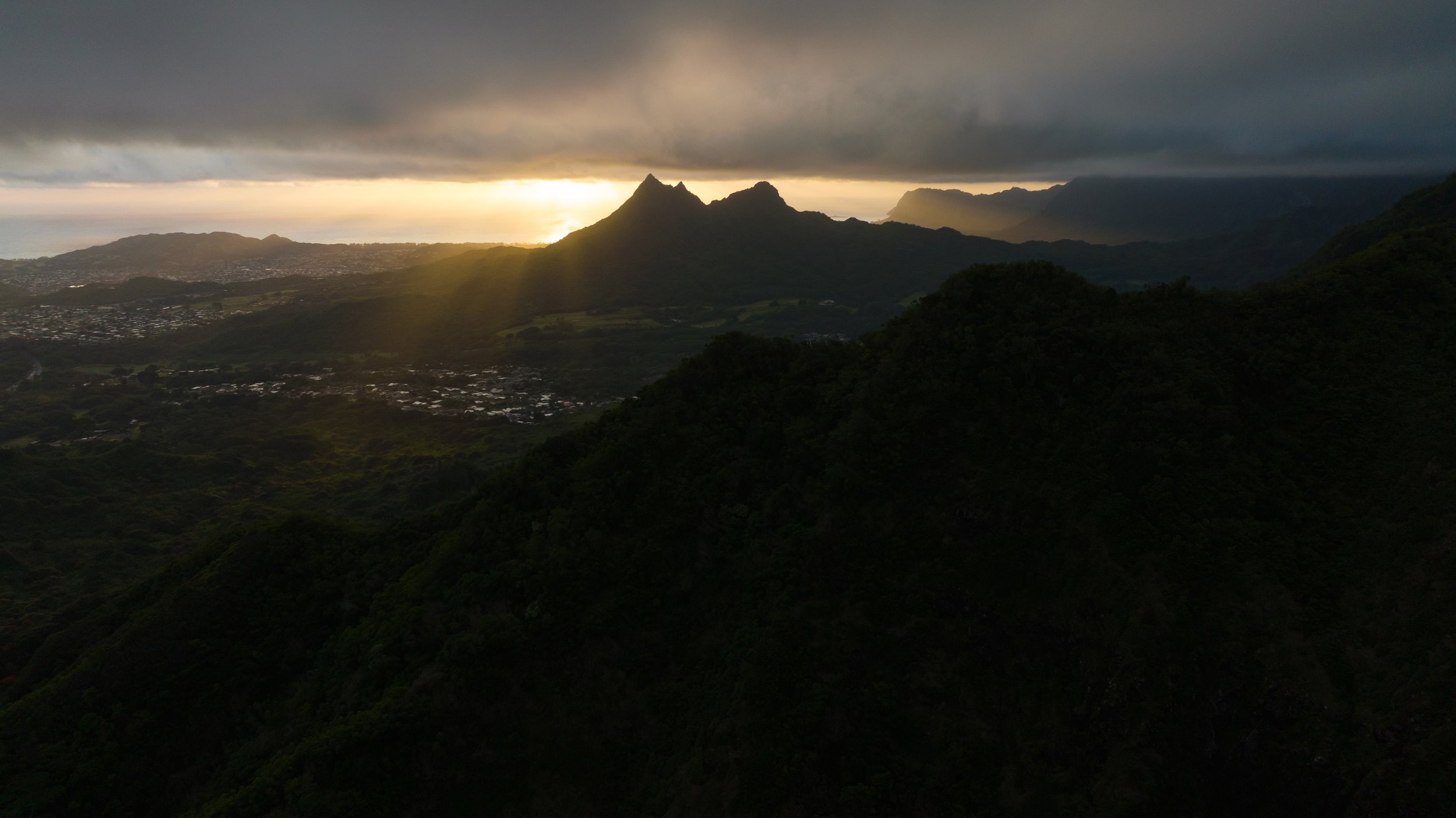
Inseparable
Through their chosen sport, three Indigenous women deeply connect with their ancestral homelands, preserve cultural practices and language, and advocate for Indigenous rights. Spanning the islands of Hawai’i and the sacred lands of the Kānaka Maoli, to the rugged coast of Makah Nation in the Pacific Northwest, and the vast mountains and trails of Squamish Nation in British Columbia, this series move beyond sport to uncover a deeper connection with the world around us. Utilizing movement across landscapes and water, these women give voice to their peoples longstanding, intimate, and inseparable relationship between humans, culture and land.
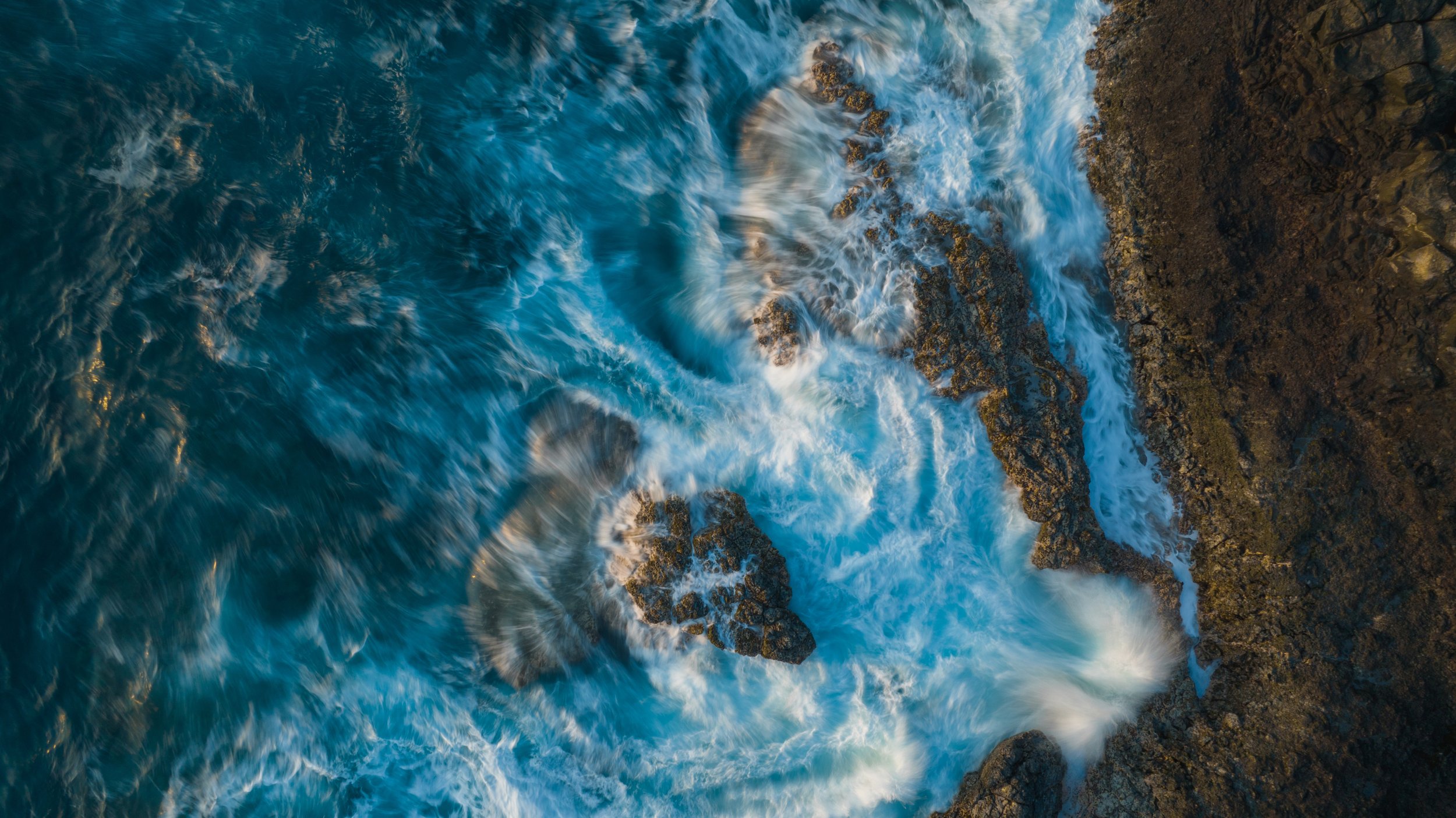
Episode I: Skye
For time immemorial, climbing has been a traditional activity for Kanaka Maoli. While history shows Native Hawaiians climbed over mountains and scrambled rocks to trade goods and information with their neighbors, today few Indigenous members of the tropical islands practice climbing actively. For Skye Kolealani Razon-Olds, climbing is a way to connect with her ancestors. With few “official” outdoor climbing spaces on the island of Hawaii, Skye and her friends make due by visiting local State and National Parks to climb. It is here that the discovery of various petroglyphs left by her ancestors ignited her to protect and advocate for these sacred lands for her own sons and generations to come.
Episode II: Ava
The ocean has been a source of spiritual connection, traditional knowledge and cultural practices for the Makah people for generations. After learning to surf through a local non-profit nearly half a decade ago, 13-year-old Ava now uses her sport as a way to connect with the land, ocean, and her elders. Alongside her five siblings and her mother, Ava surfs the well known swell of Neah Bay on the Olympic Peninsula in Washington, one of the most ecologically diverse areas of the United States. Ava’s story highlights the critical role Indigenous youth play in the preservation of language, culture, and knowledge.
Episode III: Myia
As one of only 30 fluent Squamish language speakers left in Squamish Nation, Myia Antone teaches as a way to preserve her language for generations to come. Seeking to learn more about her culture and language, Myia uses her mountain bike as a needle weaving through her ancestral lands and language. While biking with other Indigenous women, Myia utilizes the Squamish language to point out geographical features and native plants on rides. Weaving complex conversations through nuanced layers of generational trauma, Inseparable ultimately paints Indigenous joy and community as vital elements for a path forward.
